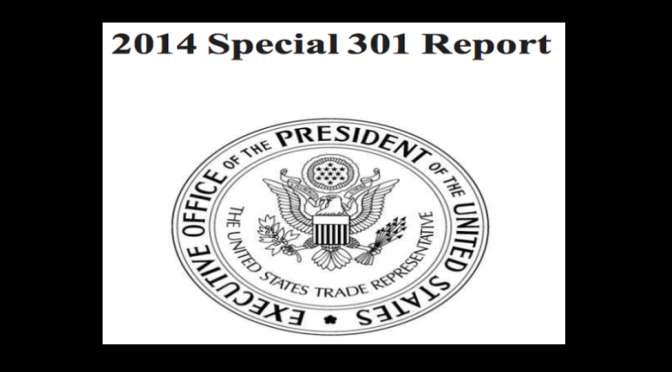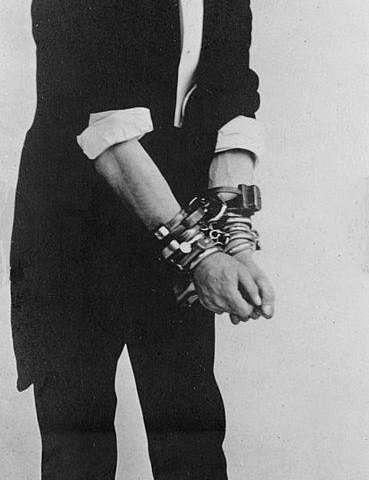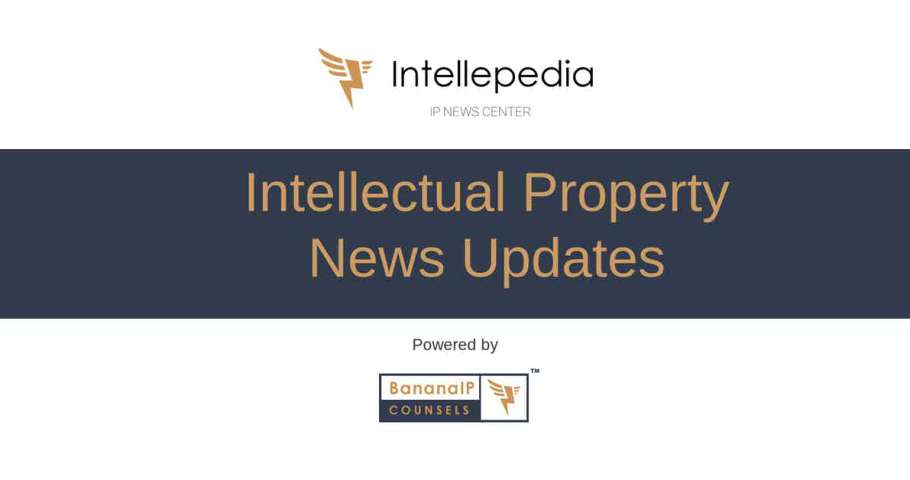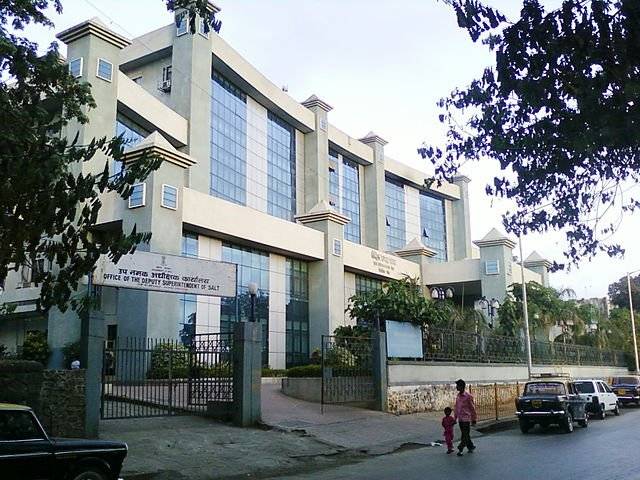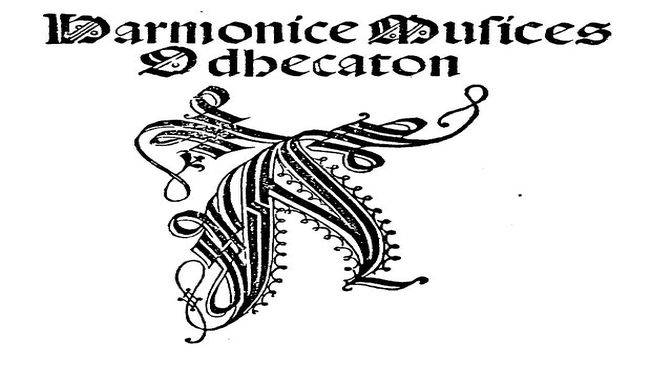Is Section 3(d) an extension of the Inventive Step analysis?
The answer to this question can make a difference to the compliance of non-discrimination obligations under the TRIPs Agreement, and so it plays a significant part. Article 27.1 of the TRIPs Agreement reads as follows:
Subject to the provisions of paragraphs 2 and 3, patents shall be available for any inventions, whether products or processes, in all fields of technology, provided that they are new, involve an inventive step and are capable…
